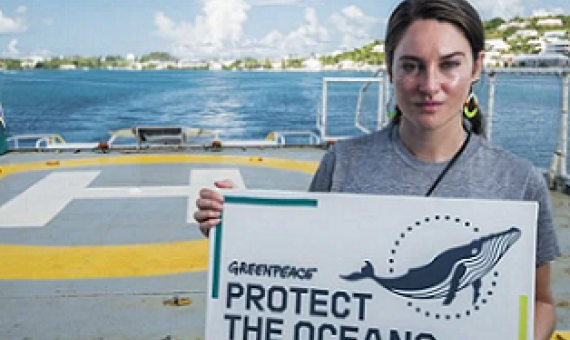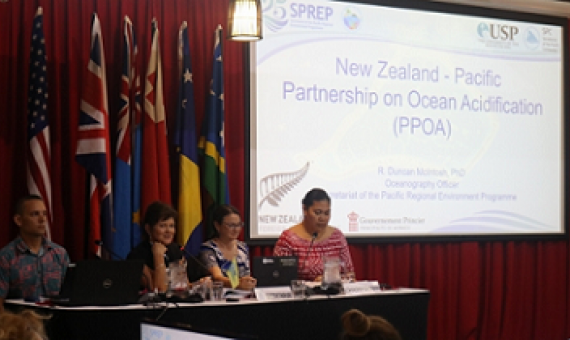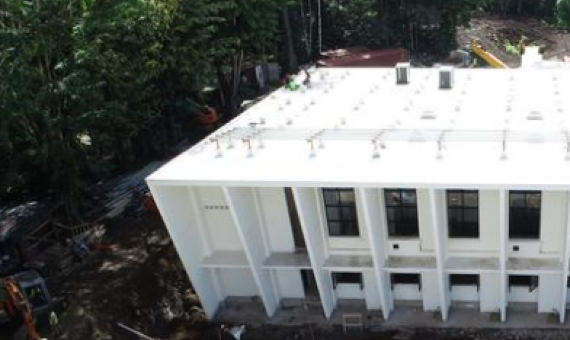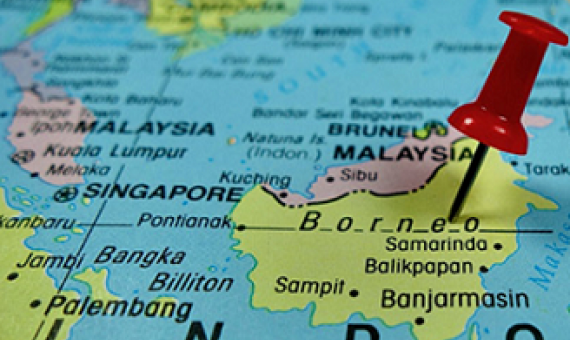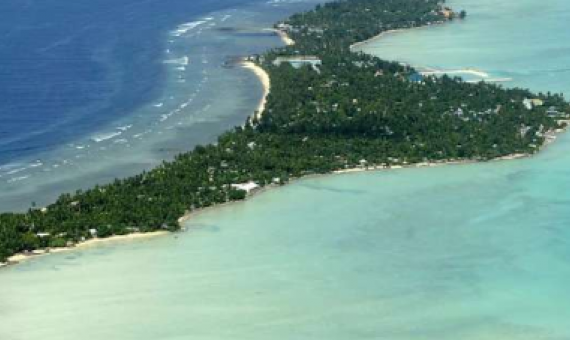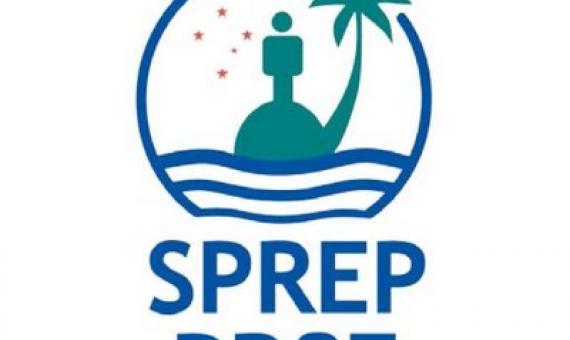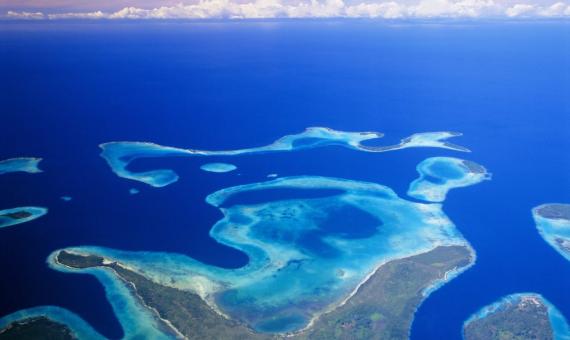Our seas are in deep, deep trouble. They house an extraordinarily diverse eco-system of marine life, and are crucial to the well being of land-based ecosystems. And as of this moment, they may as well be the Wild West for corporations and governments to pillage as they please.
Ocean Acidification (OA), which is being labelled as the “evil twin” of climate change, has had a severe impact on these coral reefs, as well as on food security and community livelihoods.
A new facility dedicated to helping Pacific Island countries prepare for and cope with the impacts of the climate crisis is being officially opened today in Samoa.
Indonesia will move its capital to the eastern edge of jungle-clad Borneo island, President Joko Widodo said Monday, August 26, as the country shifts its political heart away from congested and sinking megalopolis Jakarta.
Farming seaweed, then sinking the mature plants to the bottom of the ocean, could be an effective way to fight warming. So why don’t we do it?...That’s because these forests are underwater.
Emissions of mercury have declined, but levels in fish could still increase thanks to overfishing and a changing climate...Released by coal-burning power plants and other industries, mercury—a toxic metal—circulates in the atmosphere, enters the ocean, worms up the food web and, via the seafood w
As climate change mounts and communities come under increasing pressure from fires, floods, heat and sea level rise, people in some areas may find it better to flee to safer ground rather than build ever-more-expensive defences against these onslaughts.
This job exists to lead on Output 1 of the project to: Develop the methodology for tracking impacts of adaptation projects in the Pacific; Establish the Impacts Database for adaptation projects in the region, build capacity on its usage and incorporate it within the structure of the Pacific Clima
At the conclusion of the 50th Pacific Islands Forum, Pacific leaders issued a Forum Communiqué and the ‘Kainaki II Declaration for Urgent Climate Change Action Now’ – the strongest collective statement the Forum has issued on climate change. Link to the full article below.
Minister for Asia and the Pacific Heather Wheeler spoke at the Pacific Island Forum (PIF) Partners' Dialogue on the UK's work to address global climate change. Link to full article below.

